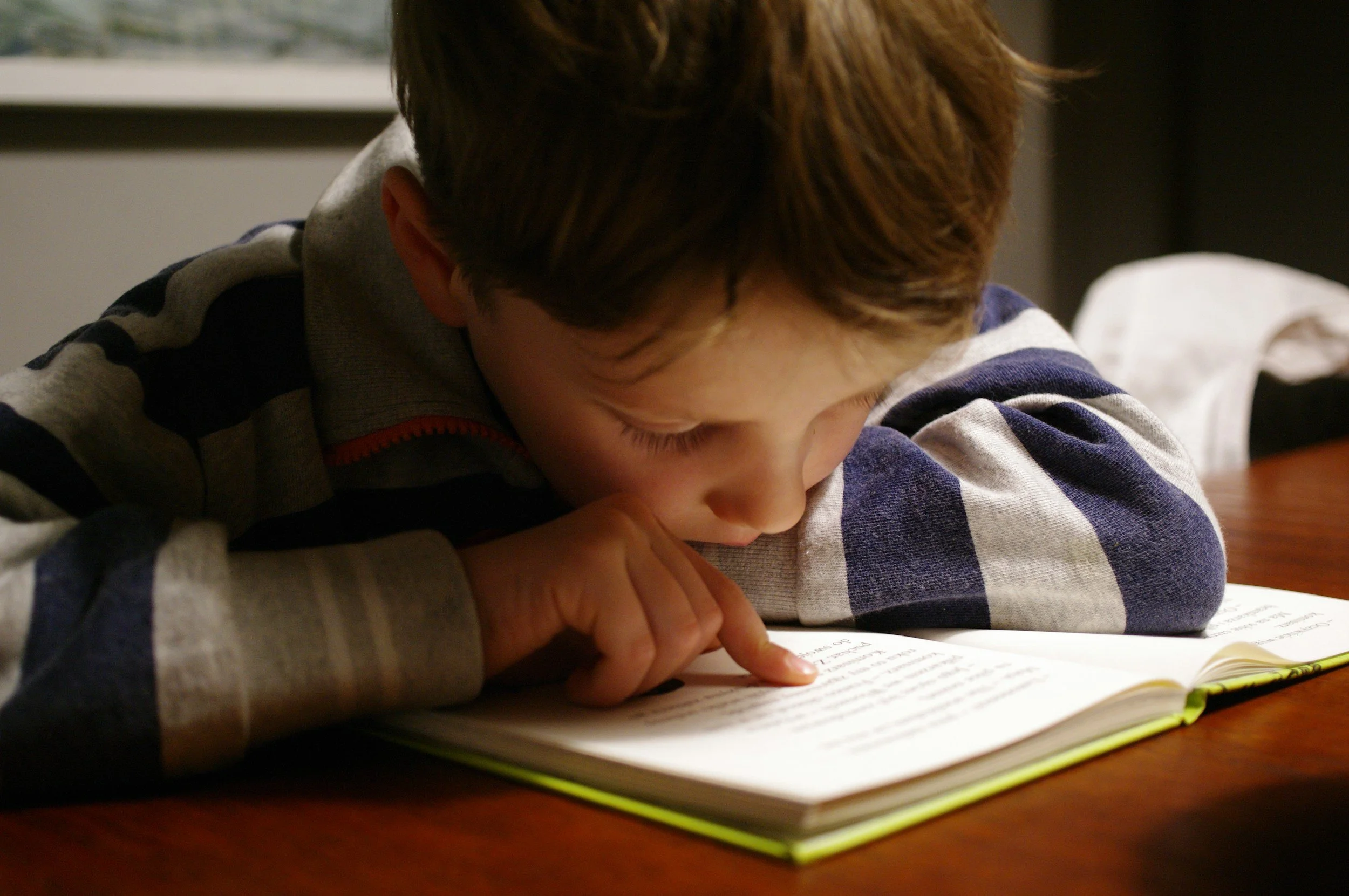Evidence-based Orton-Gillingham tutoring for children with dyslexia.
Structured literacy that builds reading confidence - online or in person.
I’m glad you’re here.
Do you have a child with dyslexia or one who is finding reading, writing, and spelling challenging despite regular classroom teaching?
I understand how frustrated and helpless you may be feeling. I am an educator with over 20 years of experience, but felt unequipped to help my two daughters when they were struggling to learn to read. Once we learned they have dyslexia, I became an Orton-Gillingham Practitioner so I could help them and other children like them.
Difficulties with reading at school can affect every aspect of your child’s academic experience. It can impact their confidence, social interactions, and overall attitude toward learning when literacy skills don’t develop easily.
Reach out now and let’s get your child on the path to reading success!
Kim Milnes, B.Ed. Hon.
Teacher & Learning Strategist
Orton-Gillingham Practitioner
What is dyslexia?
Dyslexia is a brain-based learning difference that makes learning to read more difficult. Kids with dyslexia may have trouble decoding words accurately and reading fluently. They may also struggle with reading comprehension, spelling and writing. It is estimated that 1 in 5 students are dyslexic.
It is especially important to note that dyslexia is not tied to intelligence. Many children of average to above average intelligence are dyslexic. They need to learn to read in a way that their brain can process and retain.
-

Initial Consultation
We start by talking about your child and how I can help. If your child has a Psycho-Educational Assessment, I would review it at this time.
-

Diagnostic Assessment
I complete an informal diagnostic assessment with your child to determine their current reading and spelling abilities. This assessment guides lesson planning that moves your child forward in an intentional, systematic way.
-

Tutoring Begins
Two to three tutoring sessions per week are needed to see progress. Each session is tailored to your child and their individualized needs. Each session consists of review, new teaching, and fun activities to help achieve mastery.
-

Progress Reporting
Ongoing communication about your child’s progress is provided. A brief written report is provided at the end of every month.


